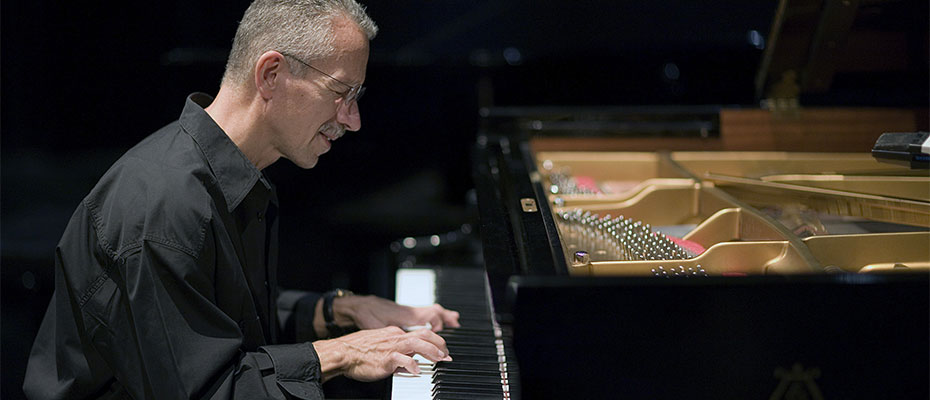
REVIEW
February 2012 / By Paul de Barros
Keith Jarrett
Rio
★★★★★
ECM 2198/2199
When Keith Jarrett played a solo concert in Rio de Janeiro in April 2011 after an absence from that magical city of more than two decades, he said he had the odd sensation he had left behind some “unfinished business.” Well, it’s finished. Rio is the most astonishingly beautiful album he has made in many years. Some of its 15 succinct cuts sound as if they were mysteriously dictated to him as complete compositions. But of course they were improvised in the moment. Jarrett attributes his extraordinary Rio experience in part to a new optimism he felt after having discovered a new love (in stark contrast to the dark album Testament, recorded in the wake of a marriage breakup), but also to his cultural receptivity to the Brazilian setting. The pastel harmonies, svelte harmonic changeups and rhythmic surprises of Brazilian music flavor this almost casually brilliant album.
Jarrett can be garrulous, but in this concert he practices an impressive economy. The longest track is 8:40 and most are around 5 or 6 minutes. None is named, but the hyper-lyrical ones progress into a more deeply felt romance, in the largest sense of that word. In these three tracks, Jarrett moves through intimations of MPB (Brazilian popular music), a riff through several keys on a three-note figure that might become the tune “My Romance” and a ballad that overflows with saudades.
Which is not to say this program is all hearts and flowers. Jarrett starts by plunging into anxious atonal waters, but shifts quickly to shimmering dissonance, then a lively pulse in three, rocking through a bent cycle of fifths. It is here the soft Brazilian light first peeks through, creating an opening for the lyricism of cut four. Jarrett then falls into one of his familiar gospel pulses, and a martial interlude gives way to his second lyrical flight. By now, the world has cracked open. Jarrett happily hopscotches through it in six, capping his delight with a disarmingly simple 1–3–5–8 arpeggio, as if to say even a triad is enough to delight him. A twinkling stream of starlight follows, swarming with pentatonics—Bud Powell on steroids—giving the impression Jarrett is so confident now he feels he can travel anywhere. A medium minor blues with a gentle honky-tonk pulse gives way to a deliberate drive of big, passionate chords that sweetly resolve into calm. Then come the saudades and what were presumably the encores: a gospel lilt with grace notes and some heady tremolos.
“I’m afraid to go back,” Jarrett said a few months after the concert because he felt he could never do this again. He doesn’t have to. — Paul de Barros
Rio: Disc One: Part I; Part II; Part III; Part IV; Part V; Part VI (39:14); Disc Two: Part VII; Part VIII; Part IX; Part X; Part XI; Part XII; Part XIII; Part XIV; Part XV (51:20).
Personnel: Keith Jarrett, piano.
